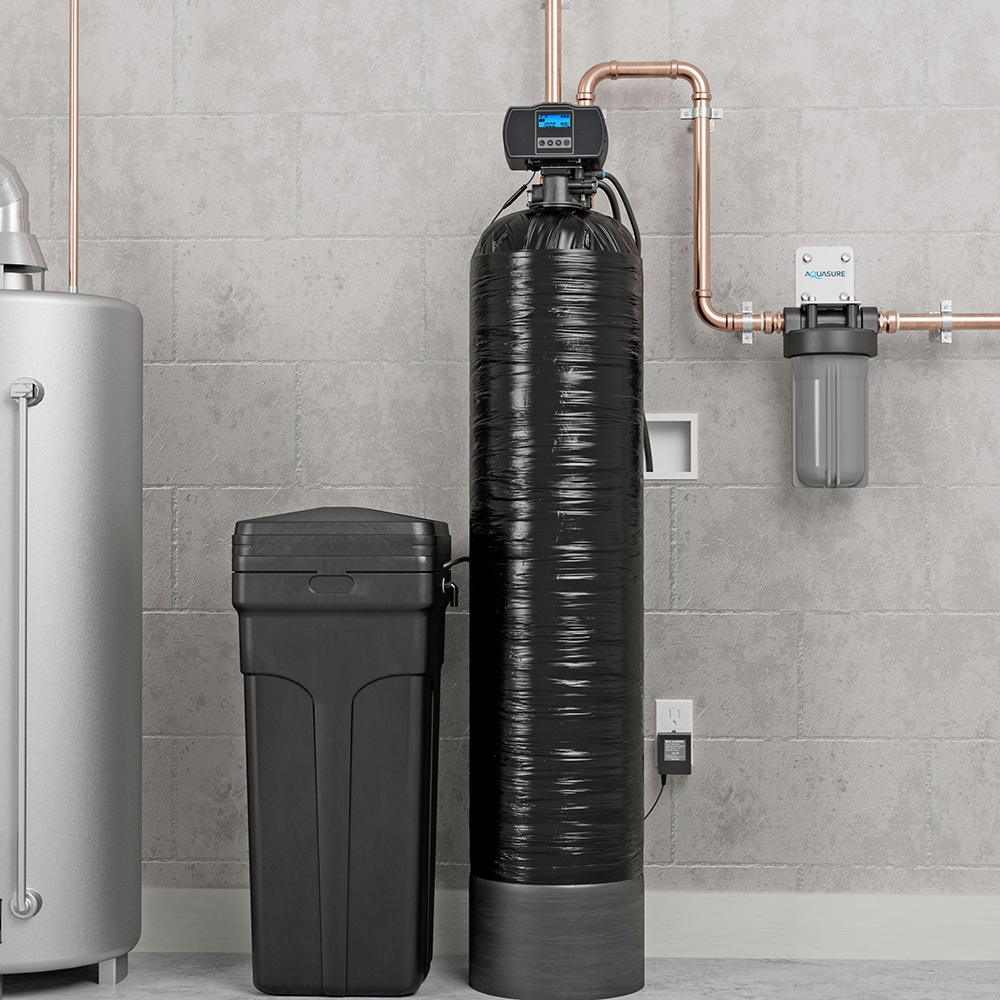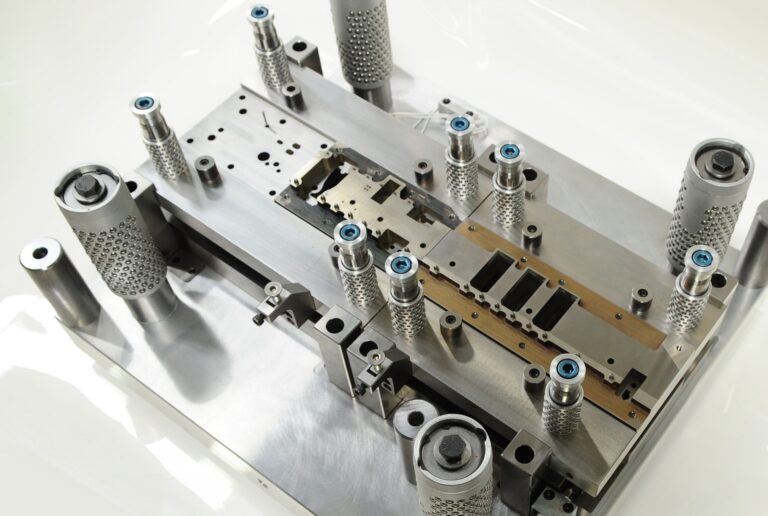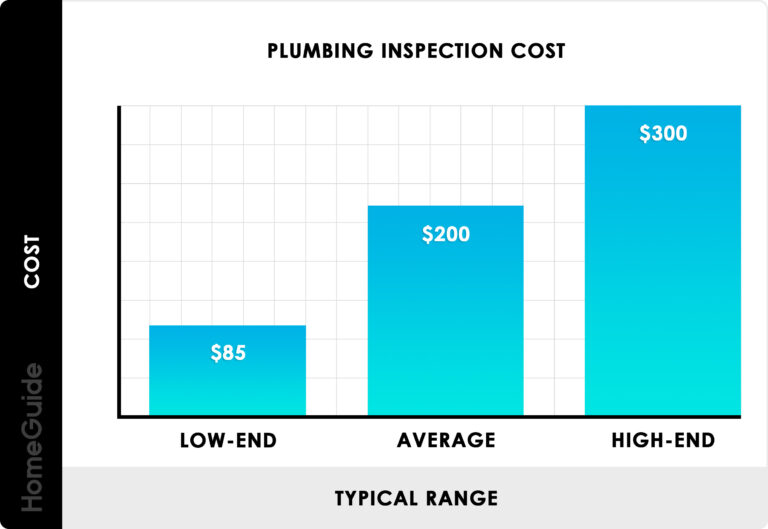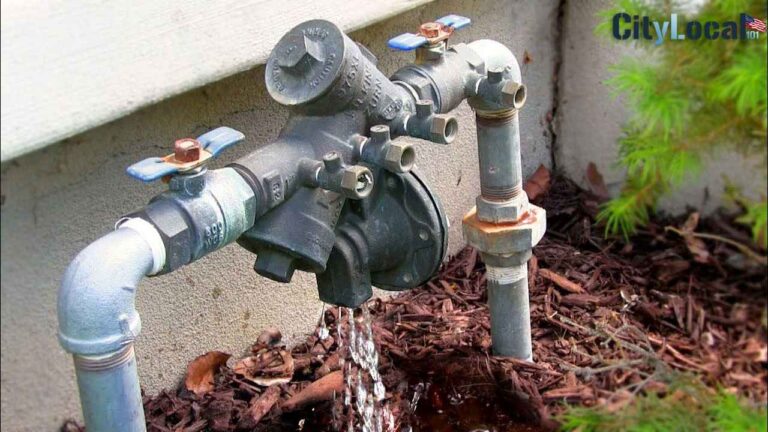What Are The Types Of Water Softeners?
Water softeners are devices that are used to reduce the hardness of water by removing the calcium and magnesium ions that cause hard water. They are used to reduce mineral buildup in plumbing fixtures, pipes, and appliances, as well as to improve the taste and odor of water. There are several types of water softeners, including salt-based (ion exchange) softeners, magnetic water softeners, potassium-based softeners, and reverse osmosis systems. Each type of water softener has its own advantages and disadvantages, and depending on your needs, one type may be better suited for your home or business than another.
What is a Water Softener?
A water softener is a device that is designed to reduce the effects of hard water in a home or business. Hard water is high in minerals such as calcium and magnesium, which can cause scale buildup on your plumbing fixtures and other surfaces, and can also lead to clogged pipes. Water softeners are used to reduce the amount of minerals in the water, making it softer and easier to use. There are three common types of water softeners: ion exchange, salt-free, and reverse osmosis.
Ion exchange softeners are the most common type. They use a process called ion exchange to remove minerals from the water, replacing them with sodium or potassium ions. This process requires the use of salt, and the water must be recharged periodically with salt in order to maintain the ion exchange process.
Salt-free water softeners are a more environmentally friendly option. These softeners use a process called template assisted crystallization to bind calcium and magnesium ions together, allowing them to be removed from the water without the use of salt.
Reverse osmosis systems use a membrane to filter out minerals from the water. This process is more effective than the other two types, but it requires more maintenance and is not as efficient.
No matter which type of water softener you choose, it is important to maintain it properly. Regular maintenance can help ensure that your water softener is working efficiently and effectively.
How Does a Water Softener Work?
Water softeners are an invaluable tool in many households for maintaining healthy water quality. But how do they work? Essentially, a water softener system is designed to remove excess minerals from the water supply. It does this through a process called “ion exchange” which involves using special salt-based brine to exchange calcium and magnesium ions with sodium ions. The end result is that the water is “softened” and free from the minerals that cause hard water.
The process of ion exchange works in several steps. First, water passes through a mesh resin bed, where the sodium ions are held in place. As the water passes through, the calcium and magnesium ions in the water attach to the sodium ions, replacing them. The brine then dissolves the calcium and magnesium ions, leaving the sodium ions in place. This is then flushed out of the system, leaving softened water.
The benefits of using a water softener system are numerous. Softened water is much better for your plumbing and appliances, as the minerals that cause hard water can damage them over time. Soft water also prevents limescale from forming in pipes and other areas, and it makes cleaning easier since soaps and detergents are more effective in soft water.
In conclusion, a water softener system is an effective way to remove excess minerals from the water supply and make it softer and cleaner. It is a great tool for protecting your home’s plumbing and appliances, as well as preventing limescale build-up. Investing in a water softener system is an easy way to keep your family healthy and your home running at its best.
What Are the Different Types of Water Softeners?
Water softeners are an essential part of any home water system, as they remove hard minerals such as calcium and magnesium from the water supply in order to make it easier to use. There are several different types of water softeners on the market, each designed to meet different needs. The most common types of water softeners are salt-based, potassium-based, and magnetic.
Salt-based water softeners are the most widely used type of softener, and they use sodium chloride to remove the hard minerals from the water. These systems are generally more affordable than other types of water softeners, but they require more maintenance and can be more expensive to run.
Potassium-based water softeners use potassium chloride instead of sodium chloride to soften the water supply. These systems are more expensive to purchase, but they require less maintenance and are more energy efficient.
Magnetic water softeners use a magnetic field to break down hard minerals in the water. These systems are very energy efficient, but they are also the most expensive type of water softener to purchase.
No matter what type of water softener you choose, it is important to note that all three types are effective in removing hard minerals from the water supply. It is up to you to decide which type best meets your needs and fits within your budget.
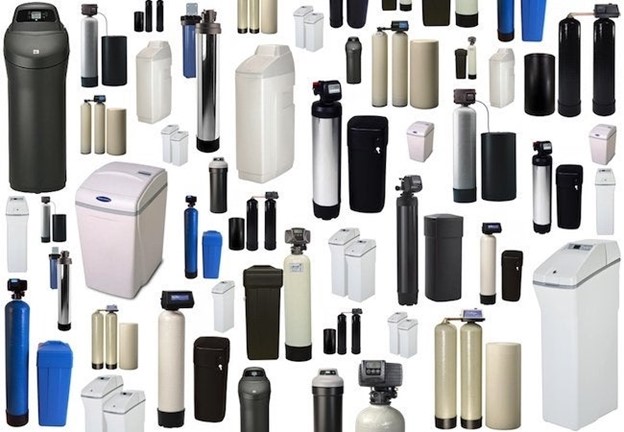
Advantages of Using a Water Softener
Water softeners are an effective way to reduce the amount of minerals present in hard water, which can cause damage to plumbing, appliances, and clothing. Soft water can reduce soap scum buildup, decrease water spots on dishes and glassware, and make detergents and shampoos last longer. But what are the advantages of installing a water softener in your home?
Firstly, water softeners can help to reduce the amount of scale buildup in pipes, fixtures, and appliances. This can improve the efficiency of items like showers, hot water heaters, and washing machines by ensuring that they are not clogged with pesky deposits. Additionally, soft water can save money on soap and detergent costs, as it allows soaps and shampoos to lather better and work more effectively.
Another benefit of water softeners is that it can protect plumbing fixtures and appliances from corrosion. Dissolved minerals such as calcium and magnesium can cause fixtures and pipes to rust, corrode, and break down over time. Soft water helps to reduce this risk by removing these minerals from the water.
Finally, soft water can help to reduce the amount of time spent on cleaning and scrubbing. Since soft water does not leave mineral deposits behind, it makes it easier to wash dishes, floors, and other surfaces. This can help to save time and energy when it comes to cleaning.
In conclusion, water softeners have many benefits, from reducing scale buildup to saving money on detergents and soaps. Installing a water softener can help to protect plumbing fixtures and appliances, reduce time spent cleaning, and improve the overall quality of the water in your home.
Disadvantages of Using a Water Softener
Water softeners are used to reduce the hardness of water, making it more suitable for use in various applications. While water softeners offer a number of advantages, such as improved soap and water efficiency, not everyone is enamored with the idea of using a water softener. There are a few downsides to consider.
One of the biggest drawbacks of water softeners is the cost of installation and maintenance. Softeners require periodic maintenance, and replacement parts can be expensive. Additionally, salt-based softeners require a considerable amount of salt to be added regularly, which can be costly and have an environmental impact.
Water softeners also add sodium to the water, which can be a problem for those on a sodium-restricted diet. And, while some argue that soft water is better for drinking than hard water, there is still debate over the overall health benefits of soft water. For some households, the cost and lack of conclusive evidence of health benefits may outweigh the convenience of soft water.
Finally, water softeners can be disruptive to the natural water system. While softeners are not harmful to the environment, they can have a negative impact on aquatic life since the process of softening water removes certain minerals and salts that are essential for maintaining a balanced ecosystem.
Overall, while water softeners can provide a number of benefits, it is important to weigh the pros and cons before investing in one. By considering the cost, health implications, and environmental impact, you can make an informed decision about whether a water softener is the right choice for your home.
Maintenance and Care for a Water Softener
When it comes to water softeners, maintenance and care are important to ensure that the unit is working properly and efficiently. Proper maintenance and care will also help to protect the unit from any potential damage and reduce the chances of it breaking down. To ensure your water softener is working optimally, here are some tips on maintenance and care.
Firstly, regular cleaning and descaling of the unit is essential to ensure it is free of any minerals and other contaminants. The filter should also be checked and changed regularly in order to maintain its efficiency. Additionally, the brine tank should be cleaned and rinsed regularly in order to prevent any build-up of salt and other contaminants.
Furthermore, the water softener must be regularly inspected for any signs of damage or wear and tear. This includes checking for any leaks or cracks in the unit, as well as any signs of rust or corrosion. If any of these signs are present, the unit should be serviced or replaced as soon as possible.
Finally, the media used in the unit should be changed or replenished regularly in order to maintain its efficiency. Depending on the type of media, this should be done either annually or every few years.
By following these tips, you can ensure that your water softener is always in optimal working condition and running efficiently.
FAQs About the What Are The Types Of Water Softeners?
Q1. What is the difference between a salt-based and a salt-free water softener?
A1. A salt-based water softener uses salt to remove hard minerals from the water, while a salt-free water softener uses a physical or chemical process to reduce the hardness of the water.
Q2. Does a water softener use a lot of electricity?
A2. No, a water softener typically does not use a lot of electricity. The most power a water softener uses is when it is regenerating, which is usually only a few times per month.
Q3. How often should I change the salt in my water softener?
A3. The frequency of changing the salt in a water softener will depend on the type of salt used and the amount of water hardness in your home. Generally, it is recommended that you change the salt every 3 months.
Conclusion
Water softeners are a great way to reduce the amount of minerals in your water, making it healthier and more pleasant to use. There are several types of water softeners available, including ion exchange, reverse osmosis, magnetic, and salt-based systems. All of these systems work by removing minerals from the water, providing you with softer water that is free of limescale buildup and other mineral deposits. Depending on your needs and budget, any one of these systems could be the right choice for your home.

